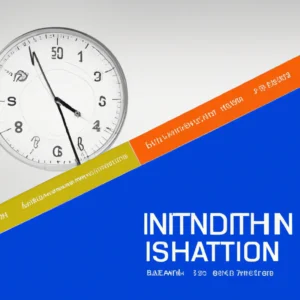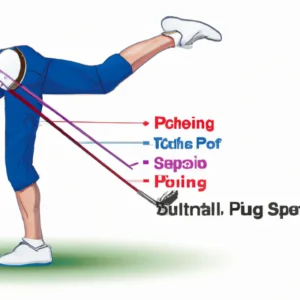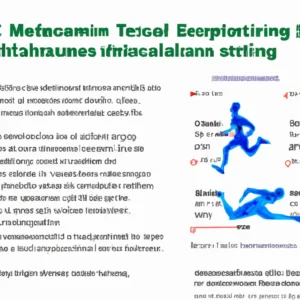**”The Hydration-Performance Connection: Analyzing How Dehydration Impacts Endurance and Strength During High-Intensity Workouts”**
# The Hydration-Performance Connection: Analyzing How Dehydration Impacts Endurance and Strength During High-Intensity Workouts
In the world of fitness, we often focus on training techniques, equipment, and nutrition to propel our performance. However, one critical yet frequently overlooked aspect of athletic performance is hydration. The connection between hydration and performance is profound, particularly during high-intensity workouts where endurance and strength are paramount. This blog post delves into how dehydration affects athletic performance, offering insights into nutrition tips, exercise advice, and health benefits associated with proper hydration.
## Understanding Dehydration and Its Effects
### What is Dehydration?
Dehydration occurs when the body loses more fluids than it takes in, leading to a deficit that can impair its ability to function optimally. This condition can range from mild to severe and can occur quickly, particularly during intense physical activity in hot environments.
### How Dehydration Affects Performance
The impact of dehydration on athletic performance is multifaceted. Studies indicate that even a 2% loss in body weight due to fluid loss can significantly affect endurance and strength. This can manifest in various ways:
– **Decreased Endurance:** Hydration is crucial for maintaining blood volume, which affects the delivery of oxygen and nutrients to muscles. Dehydration can lead to increased heart rate and perceived exertion, making workouts feel more challenging.
– **Reduced Strength:** Dehydration can impair muscle contraction and increase the risk of cramps. As muscles become less efficient, overall strength diminishes, hindering performance during high-intensity workouts.
## Nutrition Tips for Staying Hydrated
Proper nutrition plays a vital role in maintaining hydration levels. Here are some essential tips to keep in mind:
### Drink Adequate Water
Aim to drink at least 8-10 cups of water daily, adjusting based on your activity level and environmental conditions. For high-intensity workouts, consider hydrating before, during, and after your session.
### Incorporate Electrolytes
Electrolytes help regulate fluid balance in the body. Include foods rich in potassium, sodium, and magnesium, such as bananas, avocados, and nuts. Sports drinks can also be beneficial during prolonged workouts, but be mindful of added sugars.
### Eat Water-Rich Foods
Incorporate fruits and vegetables with high water content into your diet. Watermelon, cucumbers, oranges, and strawberries not only hydrate but also provide essential vitamins and minerals.
## Exercise Advice for Optimal Hydration
Hydration strategies can enhance performance during workouts. Here are some practical exercise tips:
### Pre-Workout Hydration
Hydrate before your workout to ensure your body is well-prepared. Aim to drink 16-20 ounces of water at least two hours before exercising.
### Hydration During Workouts
For workouts lasting longer than an hour, consider consuming fluids containing electrolytes. Sipping small amounts every 15-20 minutes can help maintain hydration levels without causing discomfort.
### Post-Workout Recovery
Replenish lost fluids post-exercise by drinking water or a recovery drink. Aim to consume 16-24 ounces for every pound lost during the workout to rehydrate effectively.
## Health Benefits of Proper Hydration
Staying hydrated offers numerous benefits beyond just athletic performance:
### Enhanced Cognitive Function
Dehydration can lead to decreased focus and cognitive function, impacting decision-making and coordination during workouts. Proper hydration supports mental clarity and concentration.
### Improved Mood and Fatigue Resistance
Hydration can positively influence mood and reduce feelings of fatigue. Staying well-hydrated can help maintain energy levels, making it easier to stay motivated and committed to workout routines.
### Prevention of Heat-Related Illness
During high-intensity workouts, especially in hot environments, dehydration increases the risk of heat exhaustion and heat stroke. Staying hydrated helps regulate body temperature, reducing the risk of these serious conditions.
## Conclusion
In conclusion, the relationship between hydration and athletic performance is undeniable. Dehydration can significantly impair endurance and strength during high-intensity workouts, making it crucial for athletes to prioritize fluid intake. By following effective nutrition tips, implementing smart exercise advice, and understanding the health benefits of proper hydration, you can enhance your overall performance and well-being. Remember, staying hydrated is not just a routine; it is a vital component of your fitness journey.















Post Comment